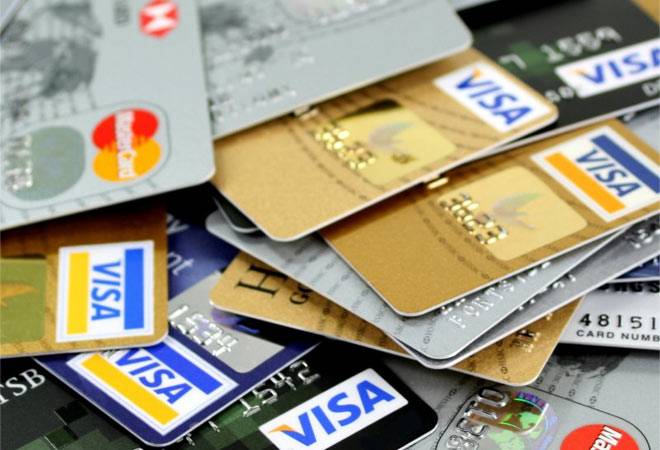A credit cards is a financial tool issued by banks and financial institutions that allows cardholders to borrow funds up to a predetermined limit, known as a credit limit. It enables users to make purchases or pay for services with the promise of repayment later. Typically, credit cards charge interest on unpaid balances carried over from month to month, and cardholders are required to make at least a minimum payment each billing cycle. Credit cards offer convenience, flexibility, and often come with rewards programs, but it’s important for users to manage them responsibly to avoid debt accumulation and maintain a healthy credit score.
Credit cards can contribute to financial difficulties and potentially make you poor due to several reasons:

How credit cards companies are making you poor
- High Interest Rates: Credit cards often come with high interest rates, especially on unpaid balances. If you carry a balance from month to month, the interest charges can accumulate quickly, making it challenging to pay off the debt.
- Minimum Payments Trap: Credit cards require a minimum payment each month, typically a small percentage of the balance. While this can seem manageable, paying only the minimum extends the repayment period and increases the total interest paid over time.
- Ease of Overspending: Credit cards provide easy access to funds, which can tempt people to spend beyond their means. Without the immediate impact of cash leaving your wallet, it’s easier to lose track of spending and accumulate debt.
- Fees and Penalties: Credit cards may have various fees such as annual fees, late payment fees, and over-limit fees. These can add up quickly, especially if you miss payments or exceed your credit limit.
- Psychological Factors: Using credit cards can detach you from the feeling of spending money, as opposed to using cash. This psychological distance can lead to increased spending and less awareness of financial limits.
- Credit Score Impact: Carrying high balances relative to your credit limits (high credit utilization) can negatively impact your credit score. A lower credit score can result in higher interest rates on future loans, making it more expensive to borrow money.
- Dependency on Credit: Relying heavily on credit cards can lead to a cycle of debt. People may continue to borrow to cover expenses, which can become unsustainable over time.
How to avoid getting poor by credit card companies
To avoid financial difficulties and potential poverty caused by credit cards, follow these strategies:
- Pay Off Balance in Full: Always strive to pay off your credit card balance in full each month to avoid accruing interest charges. This practice prevents debt from snowballing over time.
- Budget and Track Spending: Create a budget that includes all your expenses, including credit card payments. Track your spending regularly to ensure you’re staying within your budget limits and not overspending.
- Use Credit Wisely: Only charge what you can afford to pay off each month. Avoid using credit cards for impulse purchases or non-essential items that could lead to unnecessary debt.
- Understand Terms and Fees: Familiarize yourself with the terms and conditions of your credit card, including interest rates, fees (such as annual fees, late payment fees), and grace periods. This knowledge helps you avoid unnecessary charges.
- Pay More Than the Minimum: If you can’t pay off your balance in full, always strive to pay more than the minimum payment. This helps reduce the principal amount and minimizes the interest you’ll pay over time.
- Monitor Your Credit Score: Regularly check your credit score and credit report to ensure there are no errors and to understand how your credit card usage impacts your creditworthiness.
- Avoid Cash Advances: Cash advances on credit cards often come with high fees and immediate interest charges. Avoid using your credit card for cash advances whenever possible.
- Build Emergency Savings: Establish an emergency fund to cover unexpected expenses so you don’t have to rely on credit cards in times of financial hardship.
- Review Statements Carefully: Check your credit card statements each month for any unauthorized charges or errors. Report any discrepancies to your card issuer promptly.
By practicing responsible credit card usage and maintaining awareness of your financial situation, you can effectively manage your finances and avoid the pitfalls that can lead to financial difficulties and poverty.




